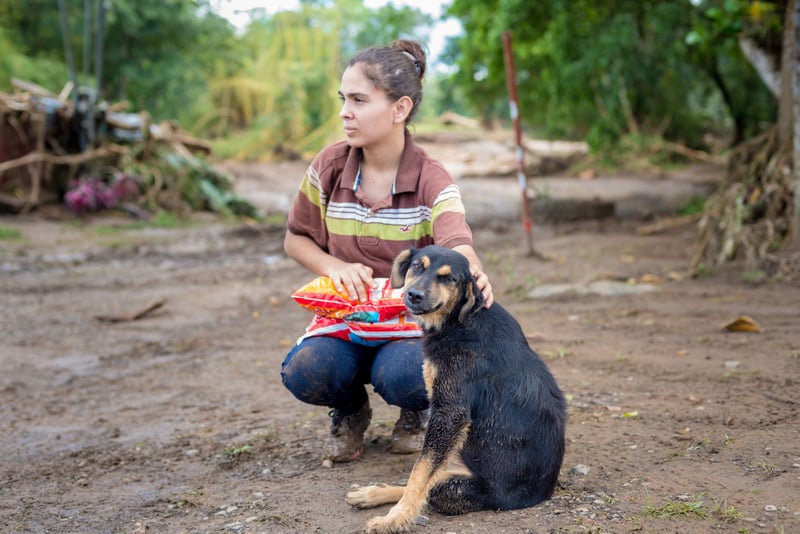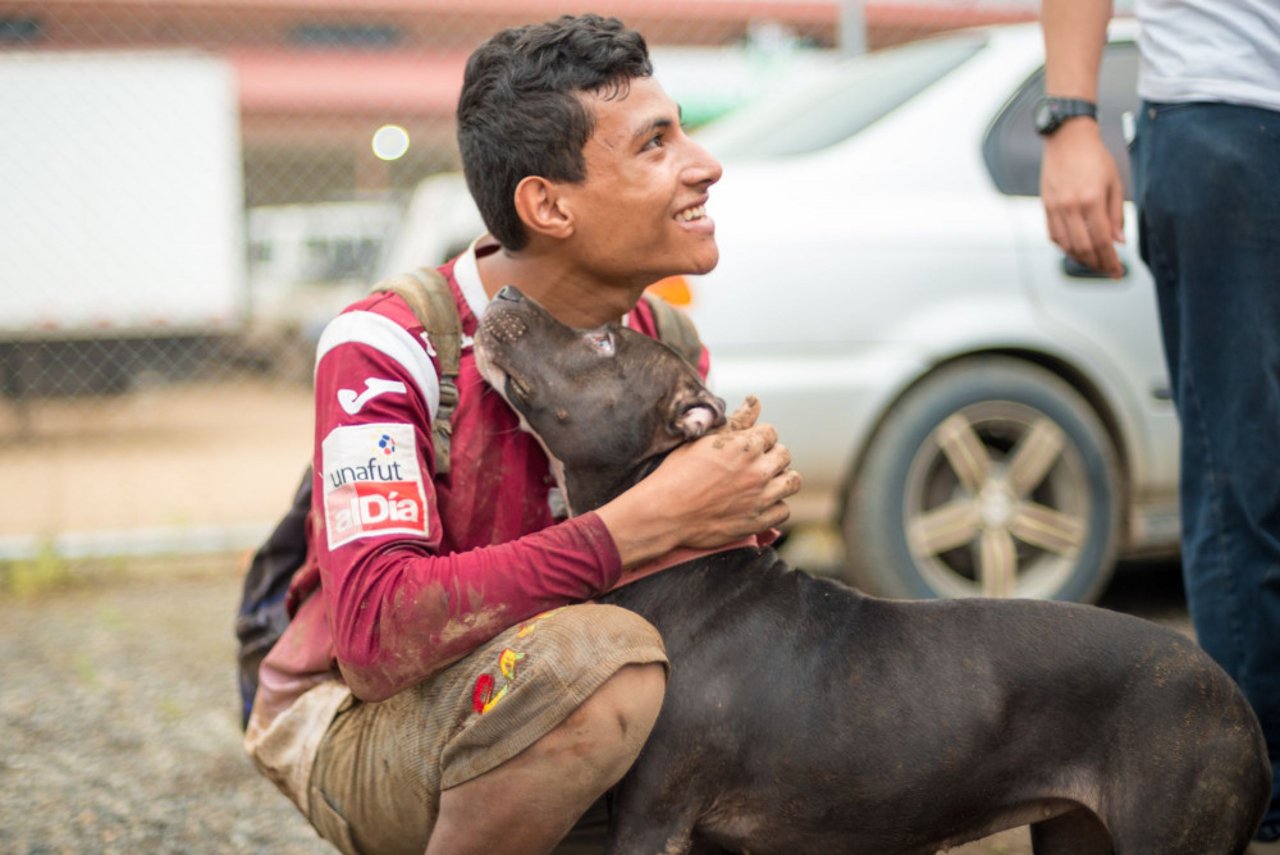
We’re working to save 70,000 animals after Hurricane Otto in Costa Rica
News
Our disaster response team deployed to heavily affected regions on Friday (November 25), the day after the hurricane struck. We are providing emergency feed and veterinary care for cattle, pigs, dogs and cats
People and animals, especially in farmland areas, are reeling from the rain, floods, wind and mudslides caused by Hurricane Otto, which hit the Central American country on Thursday November 24.
During this initial response, we’re assisting 1,500 cattle, 300 pigs, 900 dogs and 200 cats in the heavily affected Upala and Bagaces regions. We also set up a mobile clinic over the weekend to help wounded and hungry animals.
Families in the path of Hurricane Otto depend on livestock for subsistence, and many also keep pets, so it was important we reached affected animals as soon as possible.
"Animals are a critical source of livelihood. The loss of animals has a significant social and economic impact on people, especially on those with lower resources and in rural areas," said Juan Carlos Murillo, our disaster response manager.
Working to protect 70,000 animals
The hurricane put animals at risk of trauma, injuries and drowning. Survivors are vulnerable to disease, parasites and bacterial infections.
We are coordinating with the National Emergency Commission, the Animal Health Services (SENASA) and other expert organizations to provide further assistance to animals and their families over the next few days. We aim to reach 70,000 animals there.
As well as Costa Rican animals, we’re also speaking with contacts in Nicaragua and Panama to monitor the needs of their animals that may also be affected by Hurricane Otto.
Find out more about the work we do to protect animals from natural disasters.
Animals are a critical source of livelihood. The loss of animals has a significant social and economic impact on people, especially on those with lower resources and in rural areas.
